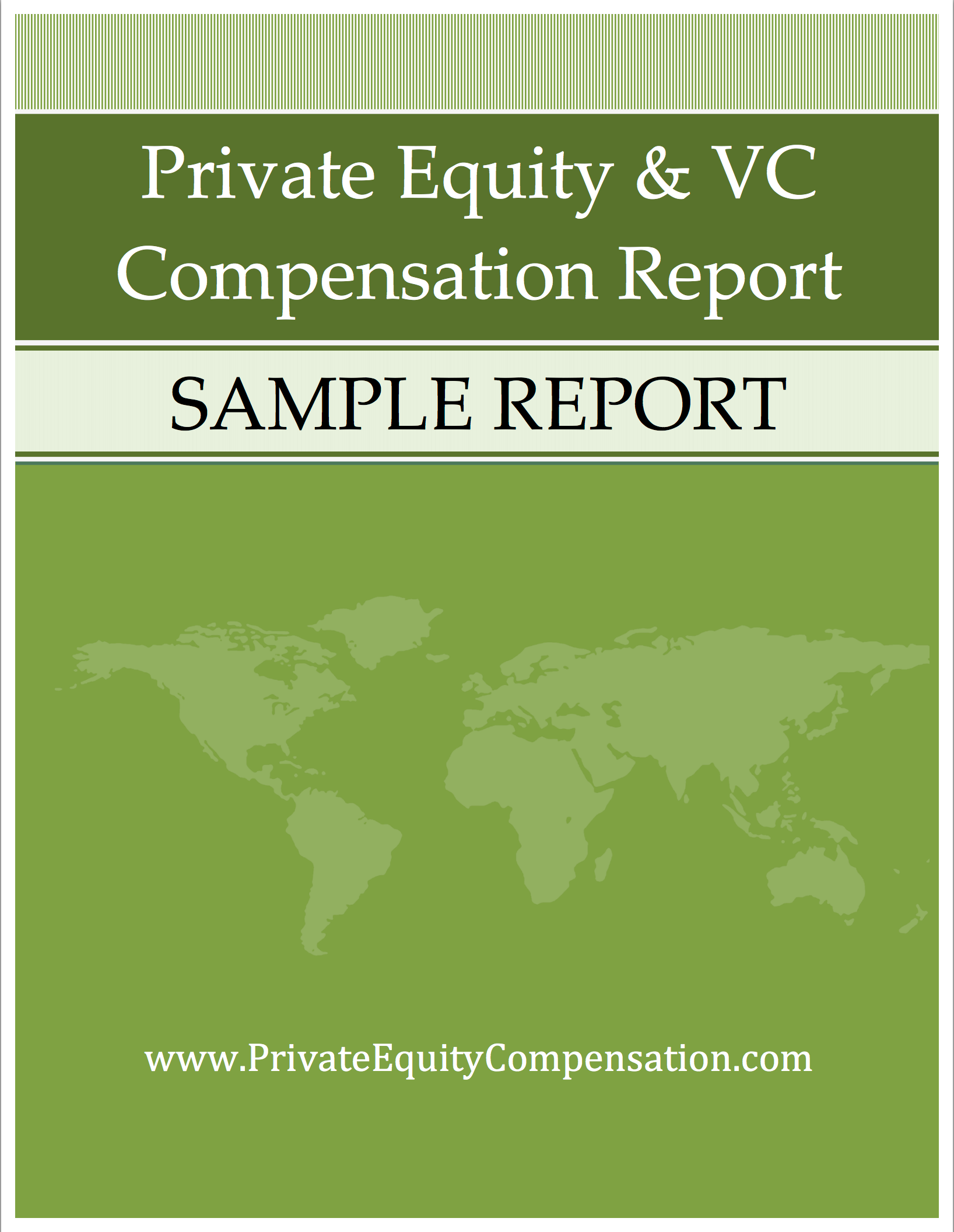In this, our fourteenth annual Private Equity & Venture Capital Compensation Report, we again identify current industry compensation trends and provide insights into their effect on compensation practices, recruitment and retention.
This year marks the seventh straight year of compensation gains in the private equity and venture capital industry. This year was unprecedented with the COVID-19 pandemic and many respondents noted concerns about fundraising and job security in this environment.
Despite the pandemic, we saw a general upward trend in compensation. The percentage of respondents earning $150,000 and below has continued to decline.
At the same time, those earning from $150,000 to $1 million increased 7 percent, to 68 percent of respondents. This is the highest percentage of private equity and venture capital professionals reporting earnings more than $150,000 in annual compensation in the history of this report.
In most pay bands, respondents made less bonus pay compared to last year. But, overall, 59 percent of respondents expect to see greater cash earnings this year, with 41 percent earning the same or less than last year.
Bonus payouts for firms of all sizes are based on individual performance, firm performance, fund performance and a combination of factors. The largest bonuses are paid by the largest firms based on firm performance.
Regardless of size, most firms organize into smaller teams, an industry trend idetified in this report as early as 2014. This year, 87 percent reported teams of less than 25 employees.
In-house training continues to receive unfavorable reviews, with more than half of respondents reporting non-existent or weak internal training programs. Similar to last year, only 18 percent rate their in-house training as good to excellent despite the benefits firms could gain in recruitment and retention by strengthening this area.
Across the board, respondents working in private equity earn greater compensation than those in venture capital. However, those that work in hybrid firms earn the greatest compensation as vice presidents and managing directors.
Job seekers will appreciate the section of this report devoted to identifying which positions are in demand, what percentage of firms are hiring, and what percentage are cutting back.
The 2021 Private Equity and Venture Capital Compensation Report provides readers insightful, industry-specific information regarding the complex subject of compensation.
Other highlights from this year’s report include:
• Overall, compensation is up, and satisfaction is down.
• Those with the title chief financial officer are those happiest with their overall compensation. The most dramatic decline in reported happiness was among investment managers.
• 70 percent of respondents do not receive a bonus guarantee.
• Employees at the largest firms can expect to earn more than double the bonus pay of those at smaller firms.
• PE Small-Cap and PE Mid-Cap remain the most common investment strategies.
• Fund performance in 2020 is down over 2019. Funds up 10 to 24 percent declined 8 percentage points, but still represented the majority at 43 percent.
Methodology
We surveyed hundreds of partners, principals and employees during October and November 2020 to benchmark compensation practices. Respondents represented firms from around the globe, with a strong concentration in North America.
Included are some of the largest and most recognized private equity and venture capital firms and the small, boutique firms that make up most of the industry.
